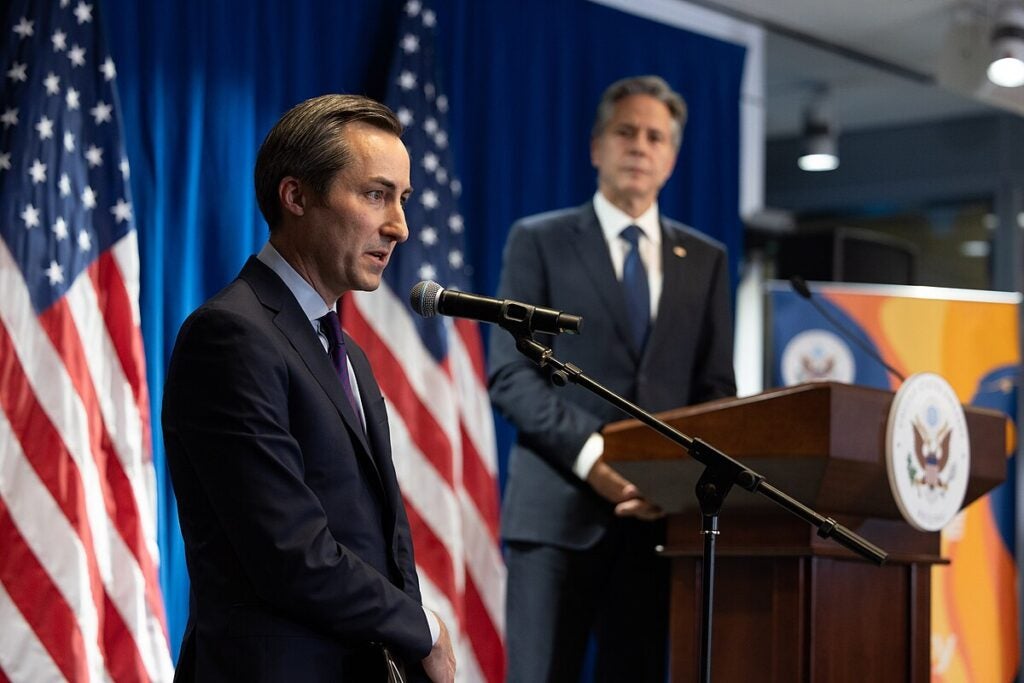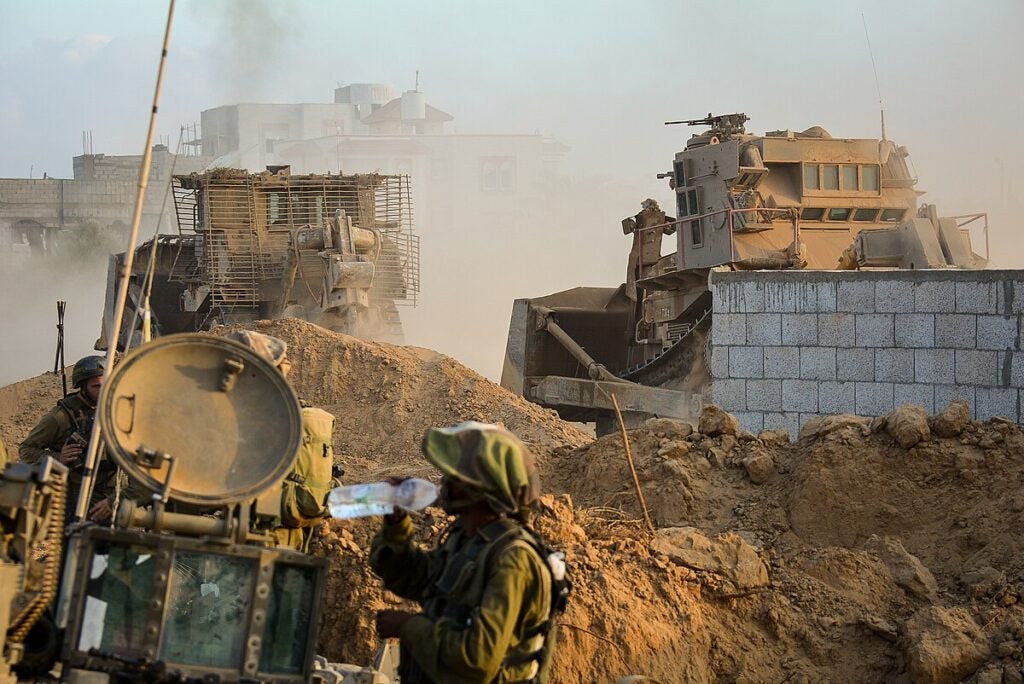Operation ‘Bashan Arrow’: Israel Strikes 480 Targets in Syria Amid Regional Unrest
The Israel Defense Forces (IDF) has launched a large-scale military operation, dubbed “Bashan Arrow,” to prevent the remaining military assets of the Syrian Armed Forces, which were disbanded after the overthrow of the 61-year-old Baath regime and the flight of the Assad family from the country, from falling into the hands of groups described as “unpredictable” such as Hayat Tahrir al-Sham (HTS).
According to an IDF statement, the Israeli Air Force struck 480 targets across Syria during strikes that began on Monday morning and lasted for a total of 48 hours. Approximately 350 of these strikes targeted strategic locations such as airports, missile depots, production facilities, and research centers in Damascus, Homs, Tartous, Latakia, and Palmyra. The rest of the strikes supported ground operations that targeted weapons depots, military structures, launchers, and firing positions.
In addition to the Israeli air force strikes, the Israeli Navy also supported the operation simultaneously by targeting Syrian naval vessels in the ports of Al Bayda and Ladakhia. The IDF reported that a total of 15 boats were anchored in the two ports but did not specify what type of vessels they were or how many were destroyed. However, images circulating on social networks have identified several of them as Soviet-era missile boats called Project 205 Moskit or Osa. The Israeli Navy had also managed to sink Osa-class missile boats belonging to the Syrian Navy during the Battle of Latakia on October 7, 1973, without suffering any casualties.
As a result of the operation, the Israeli army claims to have eliminated 70% to 80% of Syria’s military capacity left by the Assad regime. In addition, a former opposition military commander in Daraa told Syria Direct on condition of anonymity: “Israeli operations destroyed all our weapons, not just strategic weapons. We need decades to rebuild a national Syrian army.”
Along with air and naval operations, Israel launched a limited ground offensive in the demilitarized zone in the Syrian-controlled part of the Golan Heights, captured it, and advanced inland. Since the 1967 Six-Day War, the western two-thirds of the Golan Heights has been occupied and administered by Israel, while the eastern third has remained under Syrian control. Syria tried to retake the Golan Heights during the Yom Kippur War or Ramadan War in 1973, but Israeli forces thwarted the attack. Both countries signed a ceasefire in 1974, and the UN deployed an observer force to the ceasefire line that same year, where it has remained ever since.
The United Nations, France, Turkey, Russia, and several Middle Eastern countries have called on Israel to respect Syrian sovereignty and withdraw its troops from the buffer zone, arguing that the operation violates the 1974 disengagement agreement. In response, the Netanyahu administration defended its actions, claiming that the measures were defensive and temporary in the face of the threat posed by jihadist groups operating near the border.
US State Department spokesman Matthew Miller defended Israel’s position at a press briefing, saying:
“The Syrian army abandoned its positions in the area around the negotiated Israeli-Syrian buffer zone, which potentially creates a vacuum that could have been filled by terrorist organizations that would threaten the state of Israel and would threaten civilians inside Israel. Israel has said that these actions are temporary to defend its borders. These are not permanent actions. We support all sides upholding the 1974 disengagement agreement.”

In summary, as the uncertain and chaotic situation in Syria continues to unfold, time will tell whether Israel will open a third front in the northeast in addition to its fight against Hamas and Hezbollah along its northern and southwestern borders in the face of increasing regional conflicts, or whether it will strike a balance between diplomacy and defense.
Prime Minister Netanyahu has expressed a readiness to engage with Syria’s transitional government, provided it refrains from actions that endanger Israeli security. However, he issued a stern warning: any movement by Hezbollah to transfer weapons or launch attacks against Israel will provoke a swift and resolute response.

